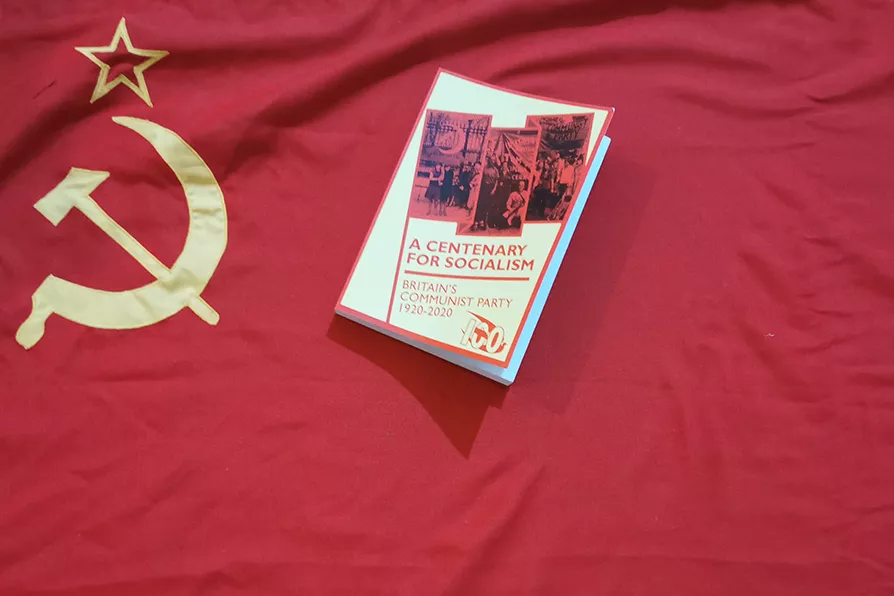RICHARD BURGON MP speaks to Ben Chacko about the Labour right’s complicity in the Mandelson scandal and the need for a total break with Starmerism if the party is to defeat Reform


A HISTORY of the Communist Party from 1920-2020 is long overdue. This new book, published today, is not it.
It doesn’t even pretend to complete the work started by James Klugmann and Noreen Branson who between them charted the party’s history up to 1951.
Instead, this volume, produced for the centenary of the Communist Party, is thematic.

The selection, analysis and interpretation of historical ‘facts’ always takes place within a paradigm, a model of how the world works. That’s why history is always a battleground, declares the Marx Memorial Library

BEN CHACKO welcomes a masterful analysis that puts class struggle back at the heart of our understanding of China’s revolution

TONY CONWAY assesses the lessons of the 1930s and looks at what is similar, and what is different, about the rise of the far right today











